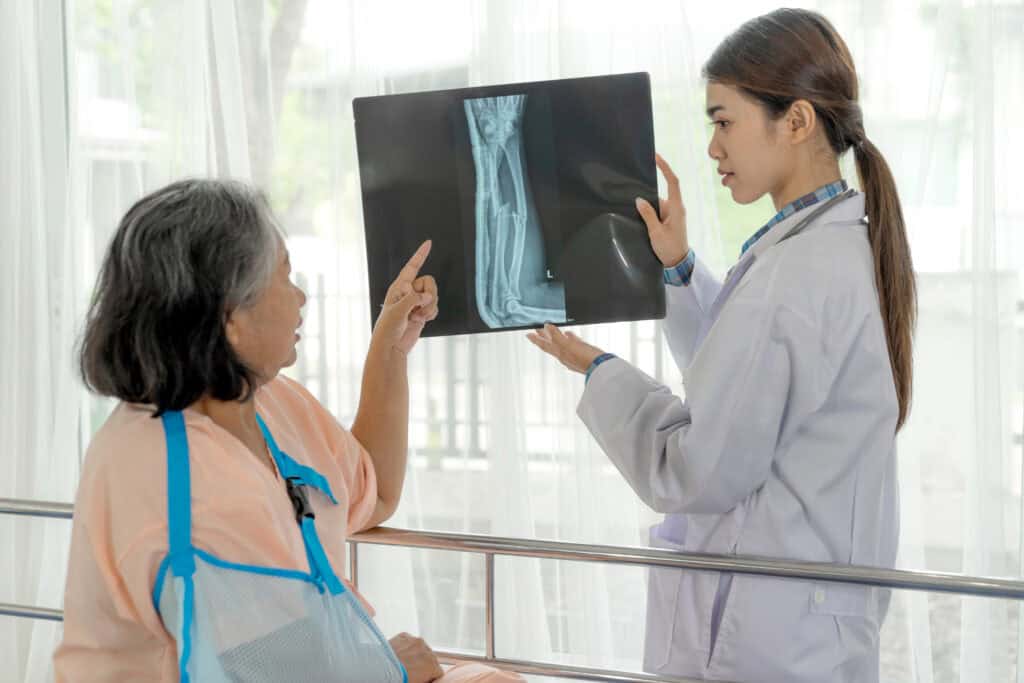
Low bone density (osteopenia or osteoporosis) affects thousands of Singaporeans every year, especially older adults and women after menopause. If untreated, it can increase the risk of fractures, mobility issues, and long-term health costs. This article explains the best treatment for low bone density in Singapore, highlights real examples, and shares how you can discover personalised solutions at The Orthopaedic & Pain Practice.
Low bone density means your bones are thinner and weaker than normal. It’s often discovered through bone mineral density (BMD) tests such as a DEXA scan. Common risk factors in Singapore include:
Early detection and proper management are key to preventing fractures.
Doctors may prescribe medications such as bisphosphonates or hormone-related therapies to slow bone loss. In Singapore, these are available under specialist supervision. Many patients also benefit from calcium and vitamin D supplementation tailored to their dietary habits.
Case study: A 58-year-old executive in Raffles Place discovered osteopenia during a health screening. With a customised plan of oral bisphosphonates and vitamin D supplements prescribed at The Orthopaedic & Pain Practice, her bone density stabilised within a year.
Weight-bearing exercises like brisk walking, stair climbing, and resistance training can strengthen bones. Many Singapore gyms and community centres (such as ActiveSG facilities) offer senior-friendly classes.
Customer story: Mr. Tan, 62, from Tampines joined a weekly low-impact resistance training group after consulting the clinic. His follow-up scan showed improved bone strength after eight months.
Singapore’s multicultural diet can be adapted to support bone health. Examples include:
The Orthopaedic & Pain Practice offers nutritional counselling as part of a holistic approach.
For those with fractures or severe osteoporosis, procedures like vertebroplasty or kyphoplasty may be recommended. These treatments are available in Singapore hospitals and specialist clinics.
Local scenario: A 70-year-old retired teacher underwent kyphoplasty for a compression fracture. She was able to return to normal activities much faster than expected.
If you’ve been told you have low bone density or are at risk, don’t wait. Early intervention can prevent fractures and maintain independence.